
Zinc Deficiency Triggers Inflammation in Your Body — Here’s What to Eat to Fix It
Zinc Deficiency Triggers Inflammation in Your Body — Here’s What to Eat to Fix It
Chronic inflammation is a key contributor to many serious health conditions, especially those linked to aging, like osteoarthritis. This type of inflammation can damage tissues, cause persistent pain, and reduce mobility—particularly in joints—making everyday activities more difficult as you age.
One often-overlooked mineral that plays a crucial role in controlling inflammation is zinc. Maintaining proper zinc levels is essential for a strong immune system and for preventing the harmful effects of unchecked inflammation, especially age-related inflammation.
Why Zinc Matters
Zinc is a trace mineral that supports hundreds of vital processes in your body. When your zinc levels are too low, it can impair immune function and trigger widespread inflammation. Understanding zinc’s role in immune regulation is essential if you want to age healthily and avoid unnecessary chronic conditions.
The Link Between Zinc Deficiency, Inflammation, and Aging
According to the World Health Organization, roughly 31% of people globally are deficient in zinc. While this is a major concern in developing nations, it also has serious implications for aging populations worldwide.
In fact, for individuals who have a genetic predisposition to immune or inflammatory disorders, adequate zinc intake becomes even more critical. Researchers have found that zinc helps regulate the body’s inflammatory response and may help prevent the onset or worsening of age-related diseases such as arthritis.
“When you take away zinc, the cells that control inflammation appear to activate and respond differently; this causes the cells to promote more inflammation,” explains Emily Ho, a researcher at the Oregon State University College of Public Health and Human Sciences.
Ho also suggests that the current Recommended Dietary Allowance (RDA) — 11 mg/day for men and 8 mg/day for women — might be too low for older adults, who often absorb zinc less efficiently due to age-related changes in digestion.
Recognizing the Signs of Zinc Deficiency
Zinc deficiency can manifest in a variety of ways, and symptoms are often subtle at first. Common signs include:
-
Chronic diarrhea
-
Weakened immune system and frequent infections
-
Skin rashes or dermatitis
-
Impaired memory or difficulty concentrating
-
Weight loss
-
Loss of taste or smell
If you’re experiencing multiple symptoms from this list, it’s worth speaking to your doctor. Zinc deficiency is more common among people with poor diets, chronic liver or kidney conditions, alcoholism, sickle cell disease, and diabetes. Vegetarians and vegans may also be at higher risk since zinc from plant-based sources is harder for the body to absorb.
Why Zinc Is Hard to Track
Unlike other nutrients, there is no reliable blood test to determine your zinc status. This makes it especially important to ensure you’re consuming zinc-rich foods on a regular basis. As people age, their ability to absorb zinc decreases, which makes dietary intake even more important.
While zinc supplements are available, they should be taken with caution. Too much zinc can lead to nausea, copper deficiency, or immune suppression. It’s generally best to obtain zinc through your diet unless advised otherwise by a healthcare professional.
Top Food Sources of Zinc
Animal-based foods are generally the most bioavailable sources of zinc — meaning your body can absorb the mineral more easily from these foods. However, some plant-based options are also rich in zinc and can be included in a balanced diet.
Here are 10 of the best food sources of zinc:
-
Oysters – One of the richest sources of zinc
-
Beef – Particularly in lean cuts
-
Pork – Especially in tenderloin and shoulder cuts
-
Chicken – Dark meat contains more zinc than white meat
-
Crab and Lobster – High in zinc and delicious too
-
Chickpeas – A good plant-based option
-
Pumpkin seeds – Great as a snack or salad topper
-
Cashews – A zinc-rich nut
-
Fortified cereals – Easy to incorporate into breakfast
-
Dairy products – Such as cheese and yogurt
Including a variety of these foods in your diet can help ensure that you’re getting enough zinc to support immune health, reduce inflammation, and promote healthy aging.
News in the same category


The #1 Drink to Prevent Foamy Urine — Plus 7 More Your Kidneys Will Thank You For
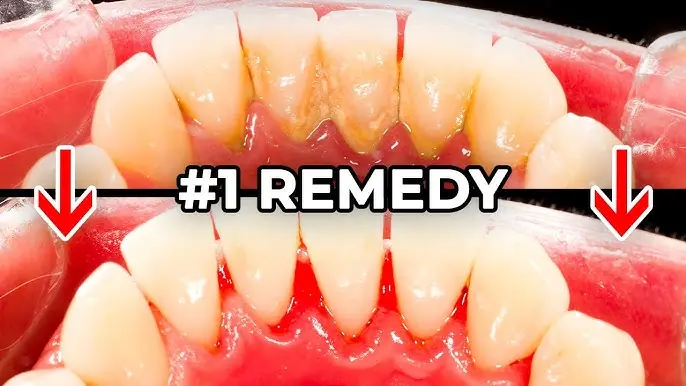
The #1 Most Effective Remedy for Dental Plaque (And How to Beat Tartar at Home)
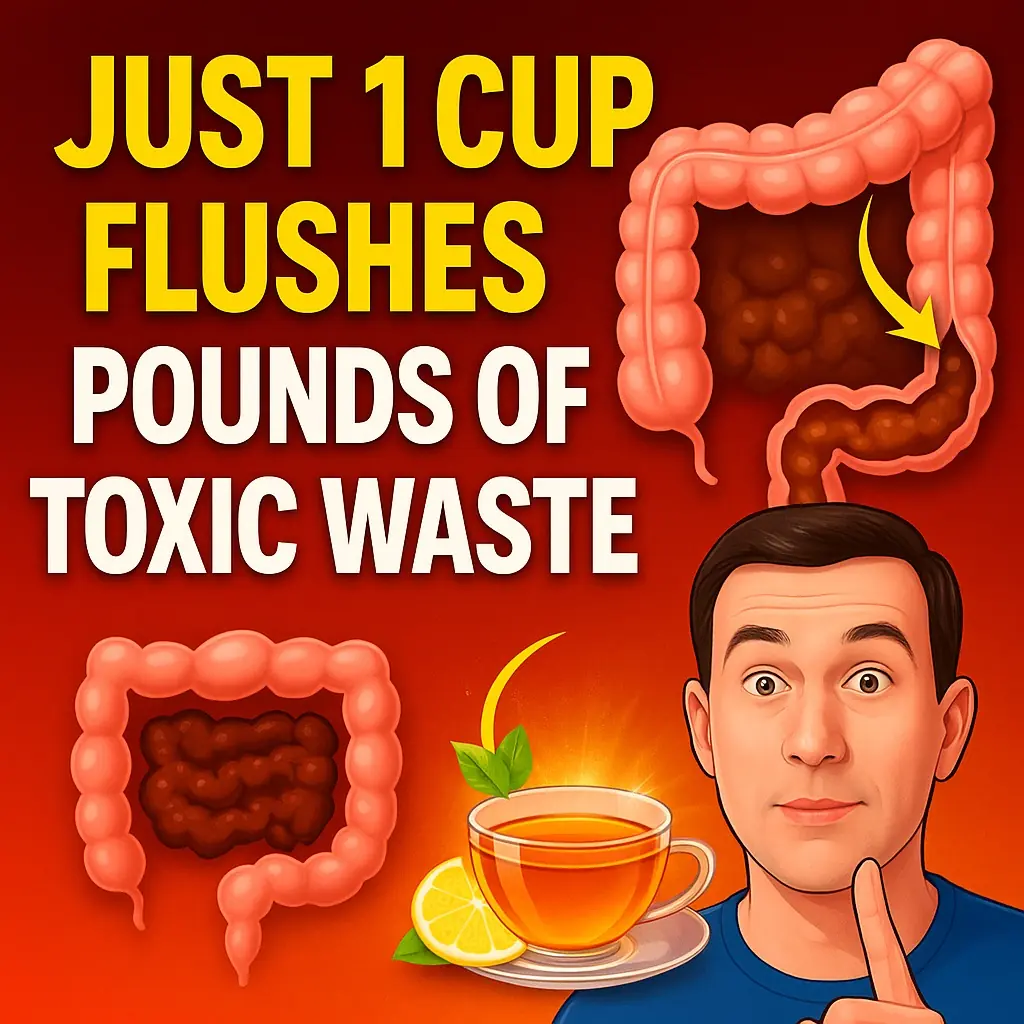
JUST 1 CUP FLUSHES POUNDS OF TOXIC WASTE
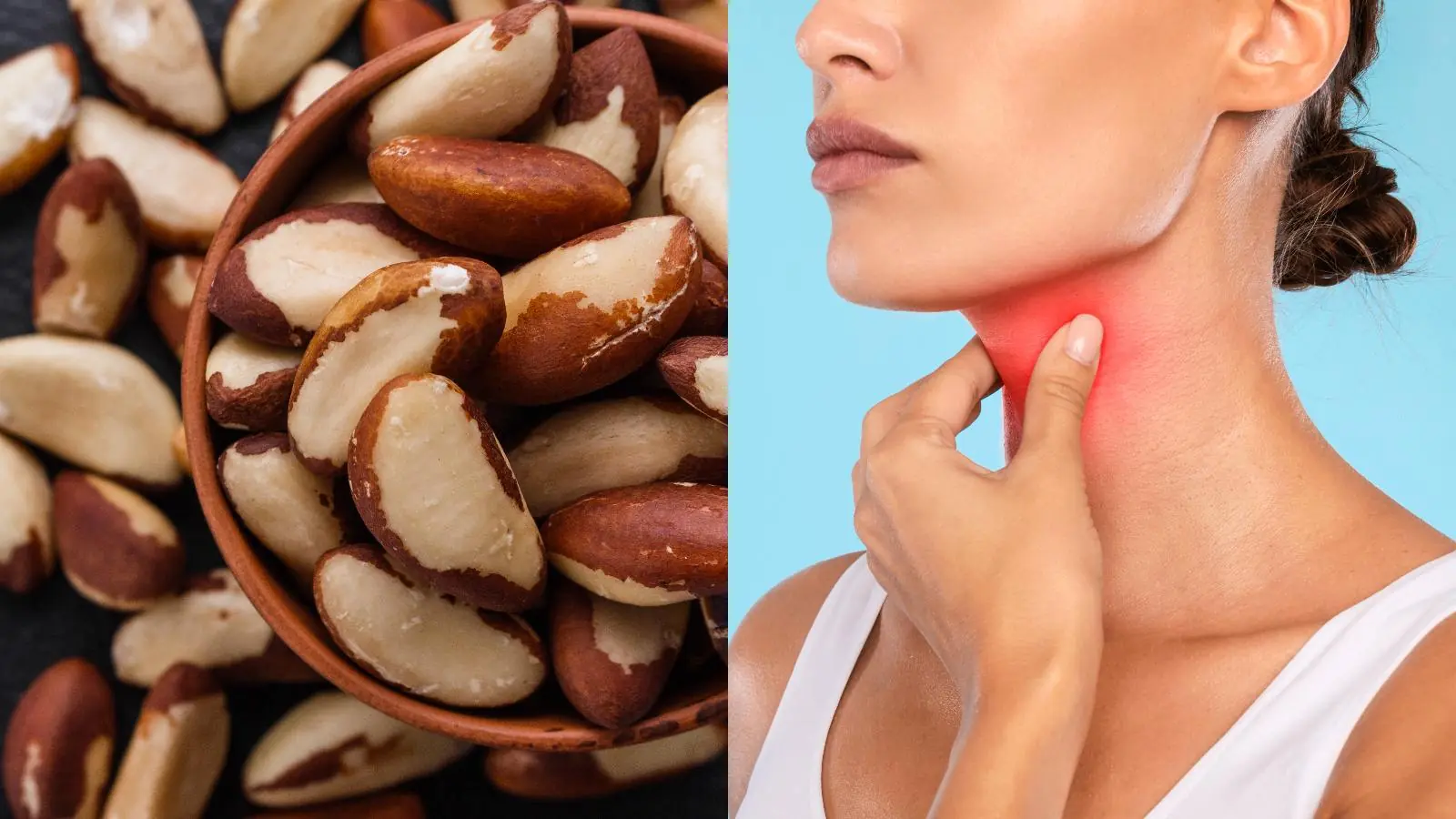
Just 2 Nuts a Day Can Support Your Thyroid, Help With Weight Loss, and Balance Blood Sugar
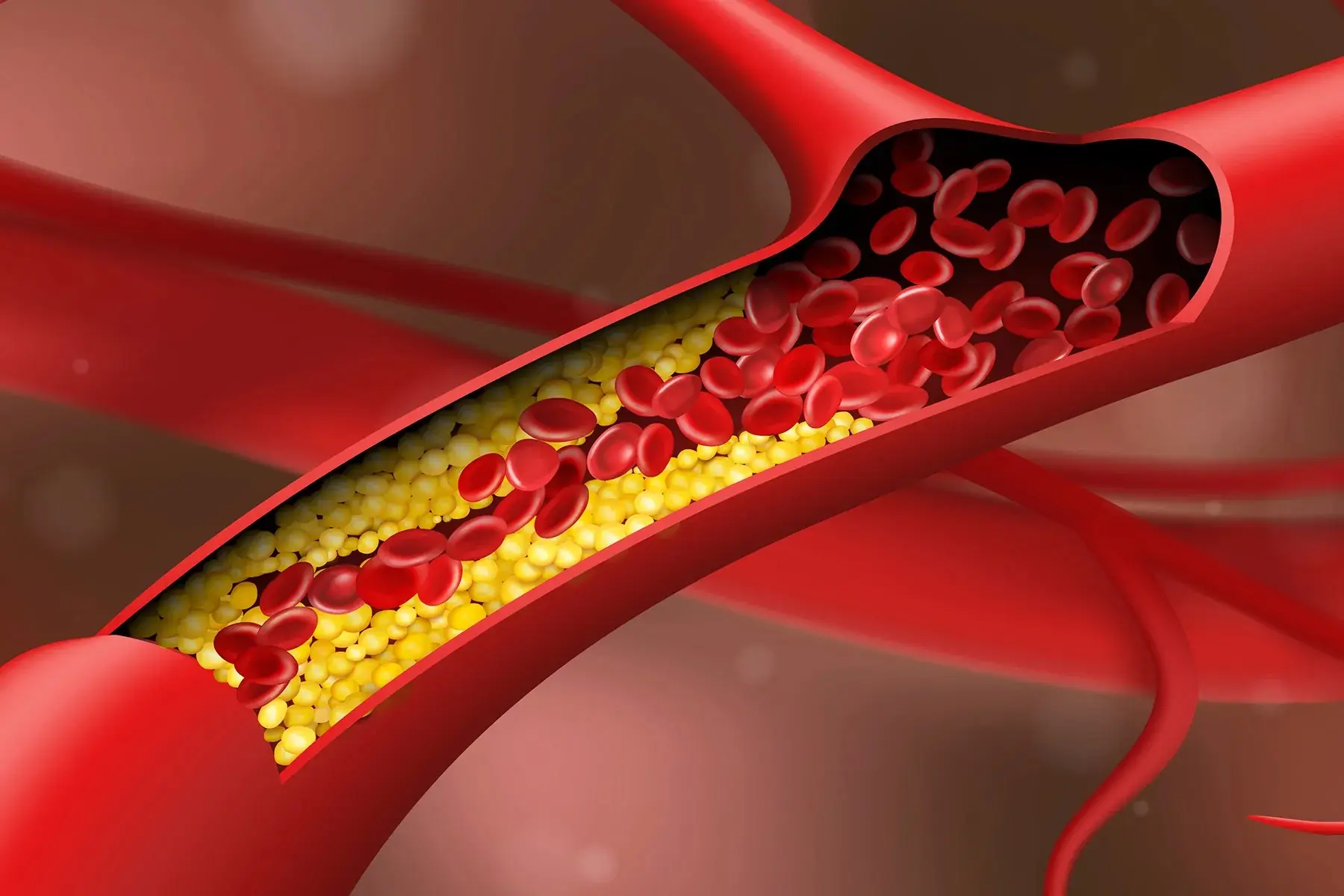
CLEANSE CLOGGED ARTERIES WITHOUT MEDICATION

6 warning signs of a clogged artery most people ignore (cardiologist alert)
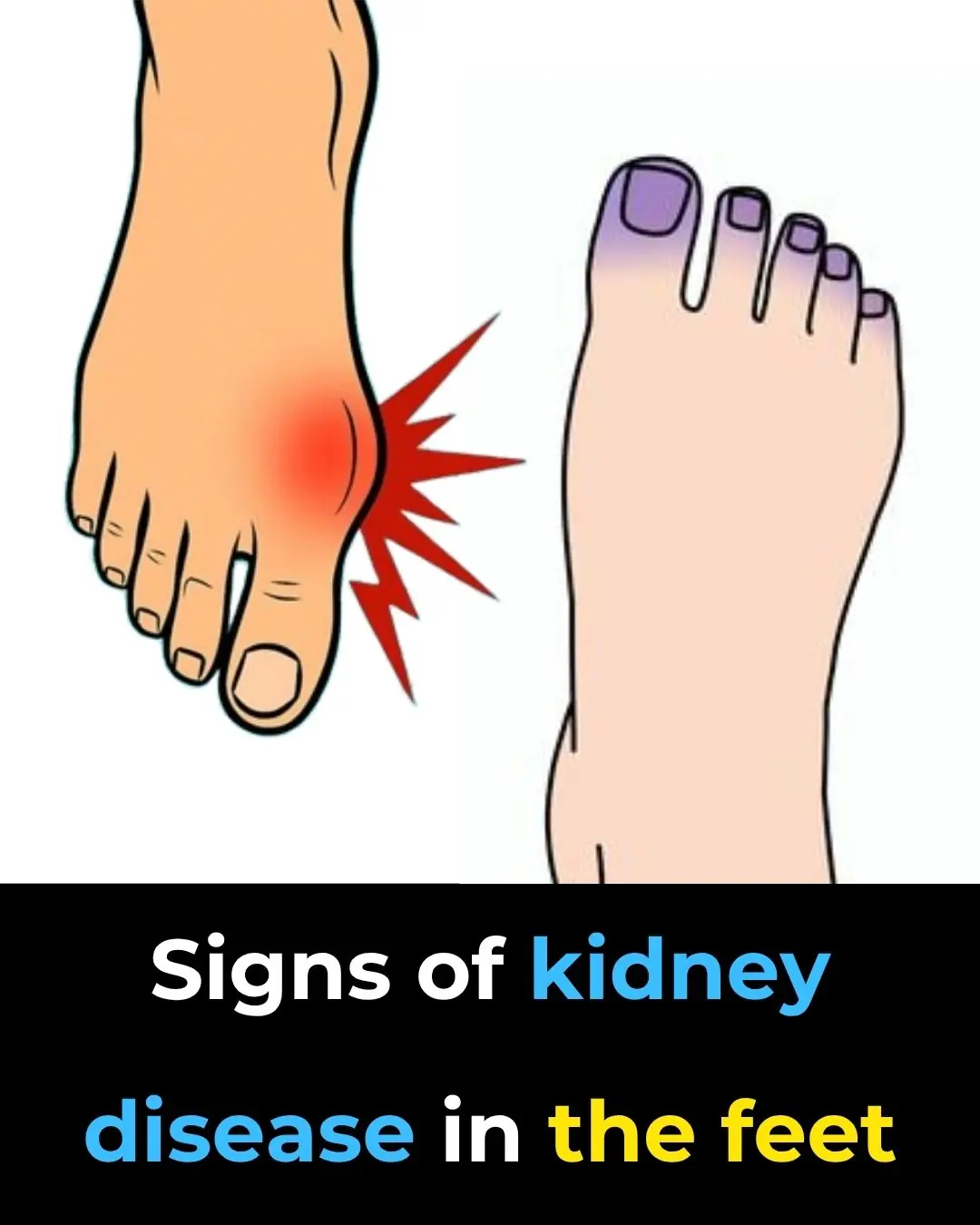
Foot Symptoms That Could Signal Kidney Problems
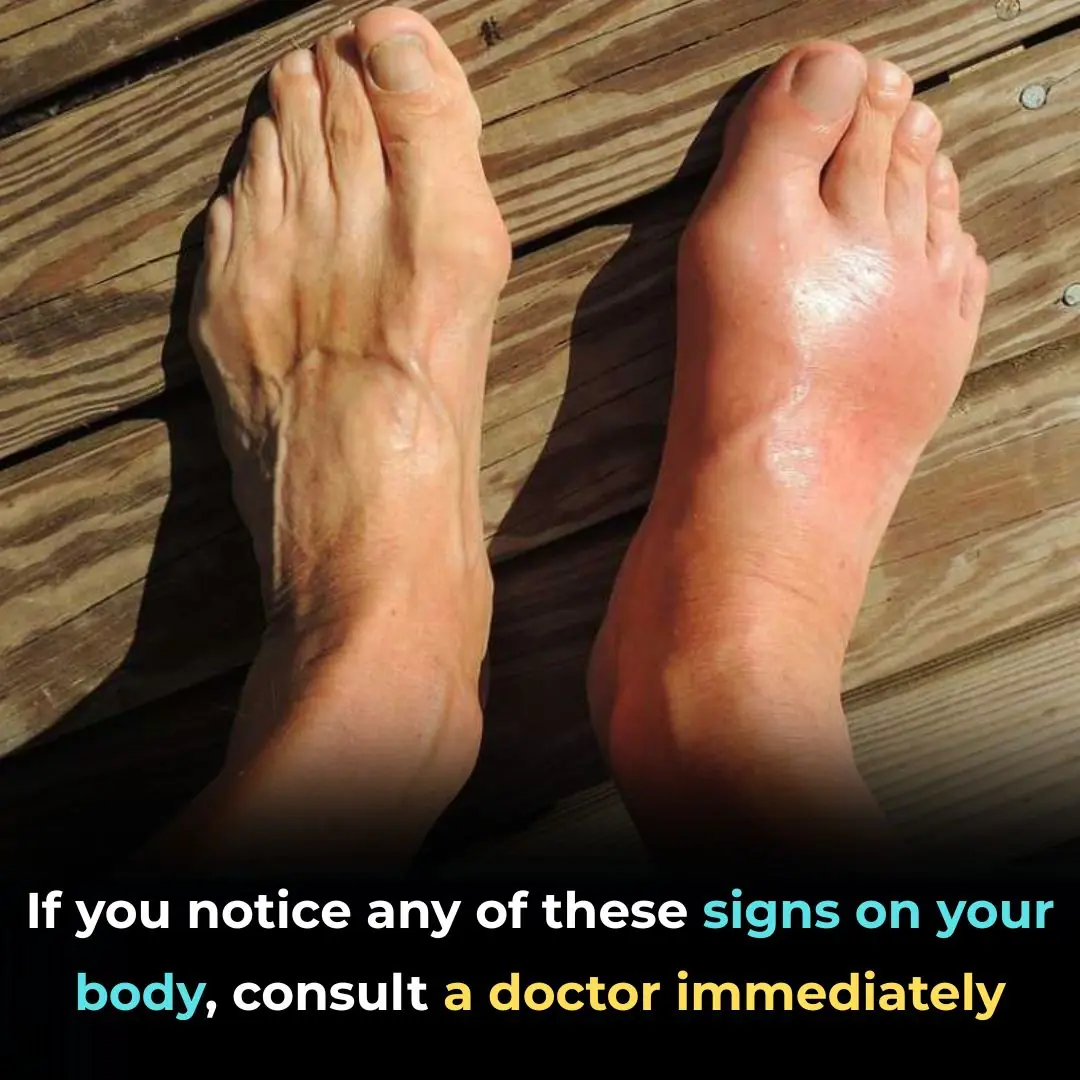
Redness Swelling and Warmth in One Leg
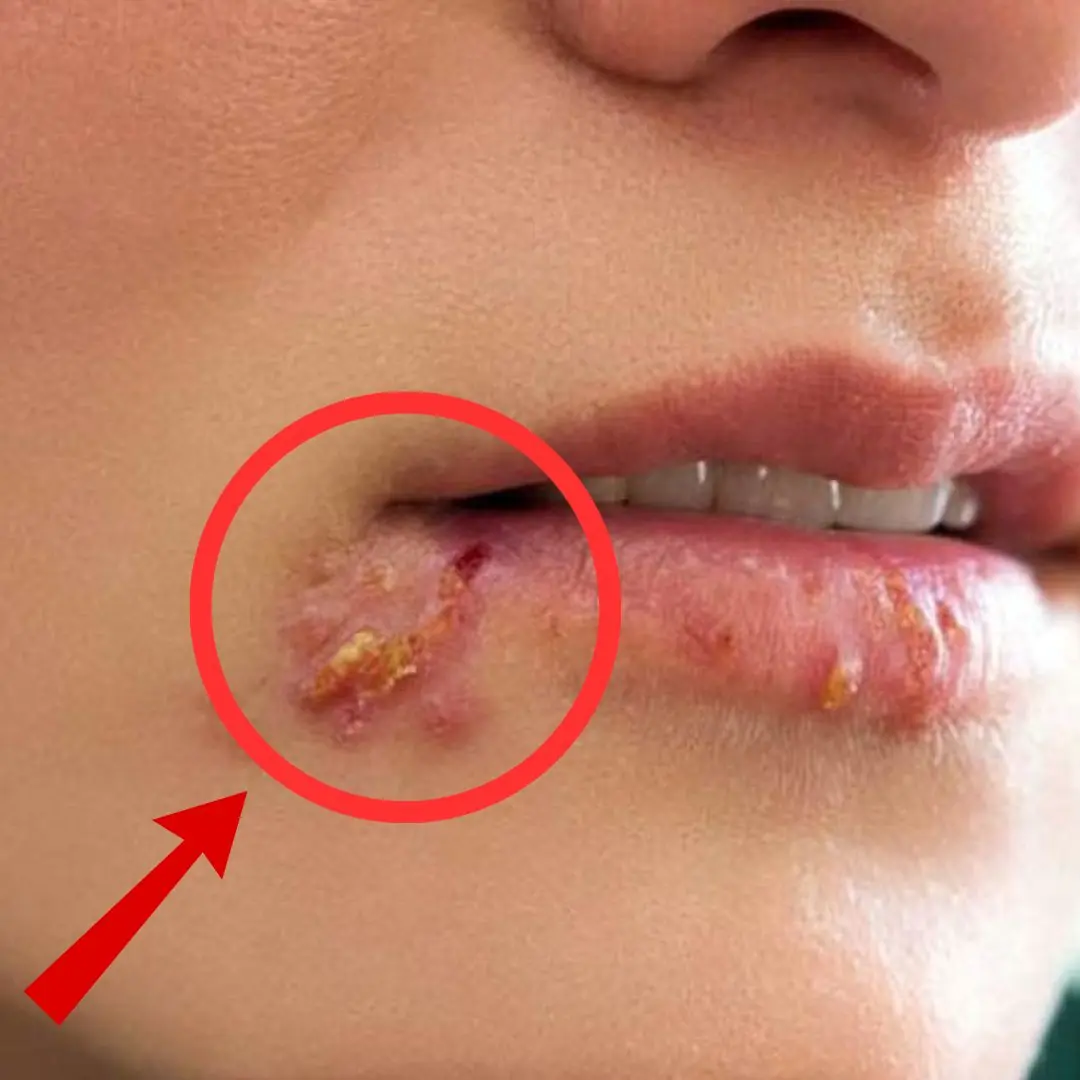
These are the signs that he is...read more

12 weird signs your body isn’t making enough bile—don’t ignore these!
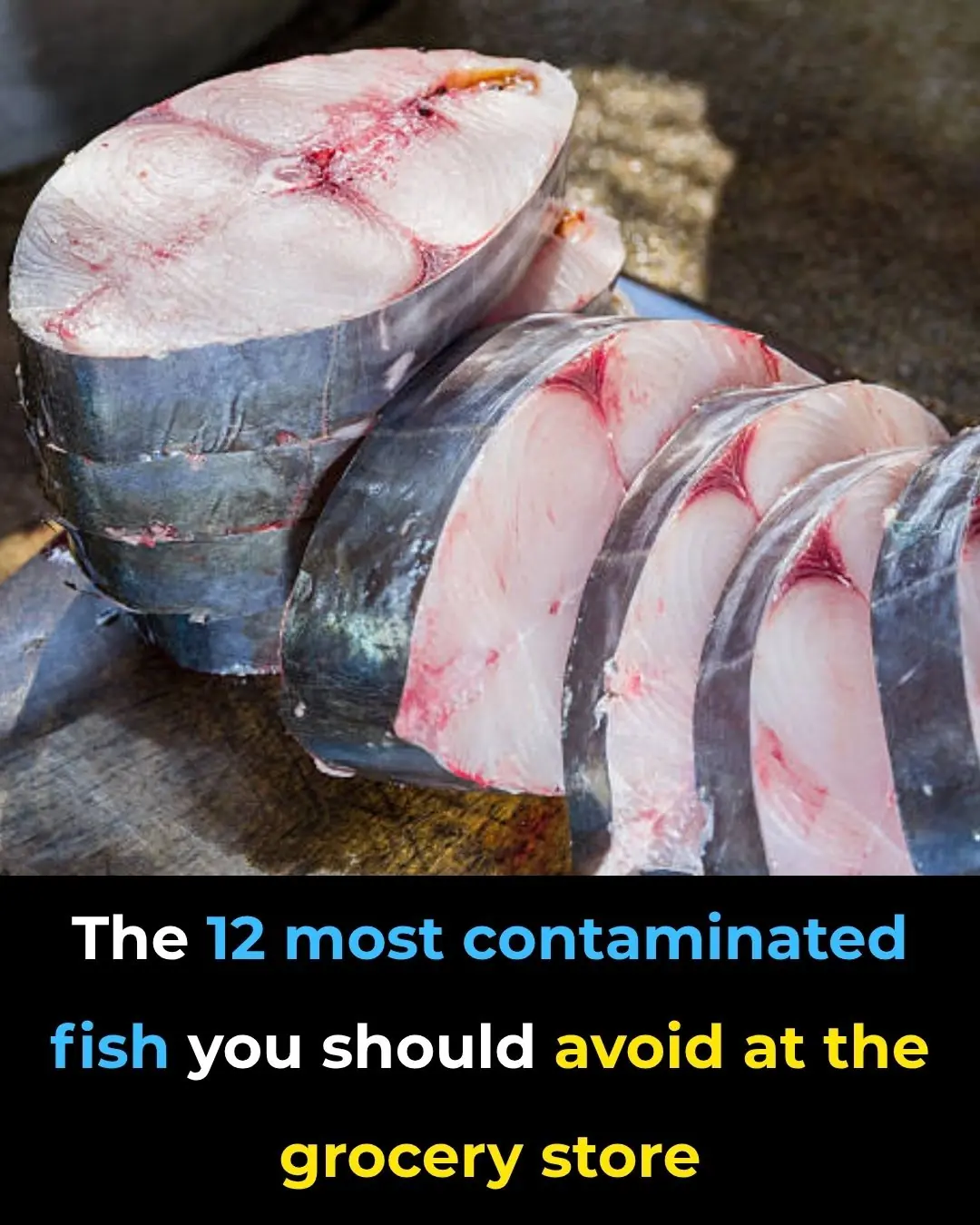
12 Fish Species You Need to Know to Avoid
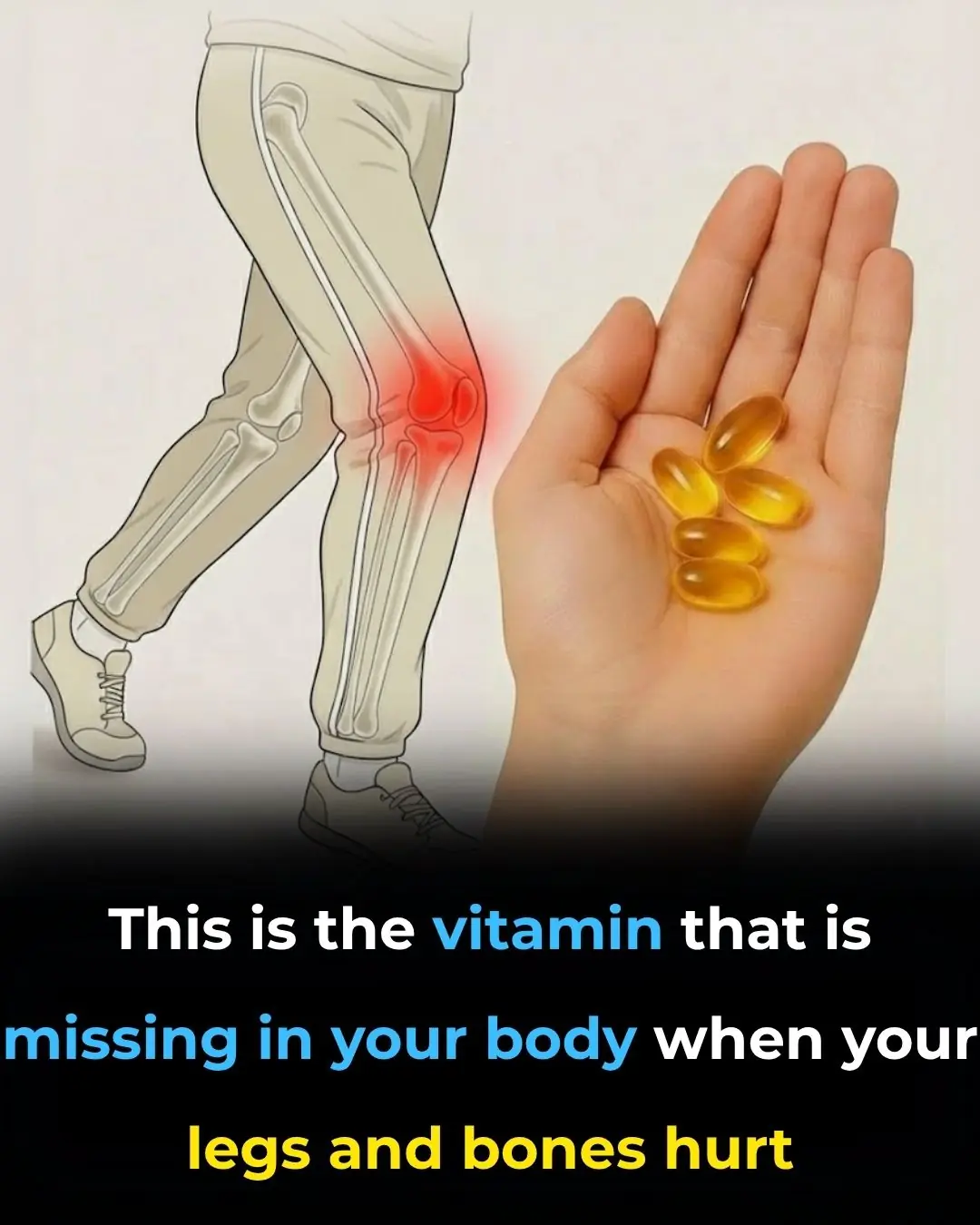
🦴 The Vitamin & Mineral Deficiencies That May Be Behind Leg and Bone Pain

🩺 Unusual Case of Sweet Syndrome Triggered by New Inhaler Therapy in Primary Care
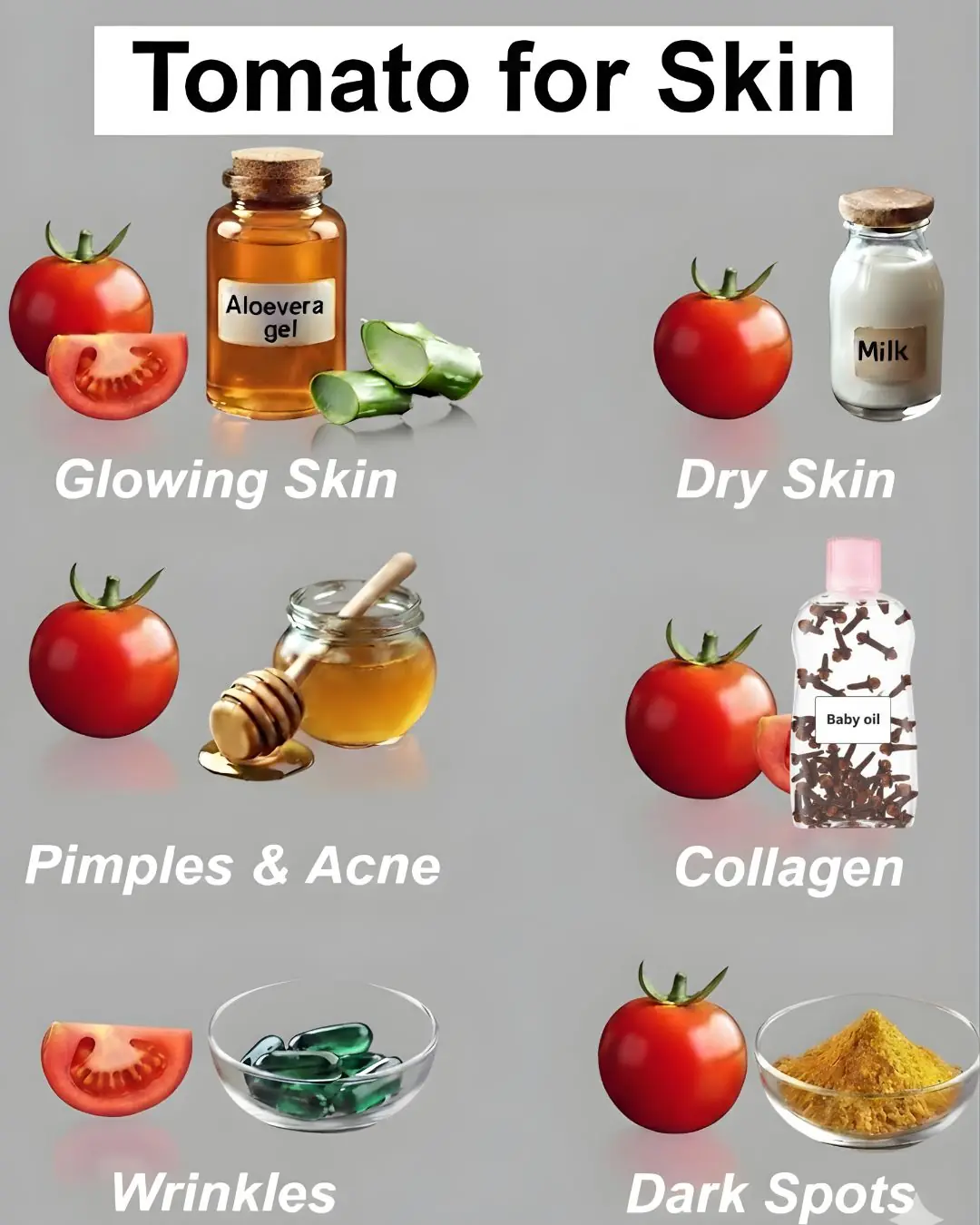
Tomato Benefits for Skin – Rub Tomato Slice on Face

Hidden Dangers on Your Plate: 4 “Clean” Foods That Can Secretly Harm Your Health
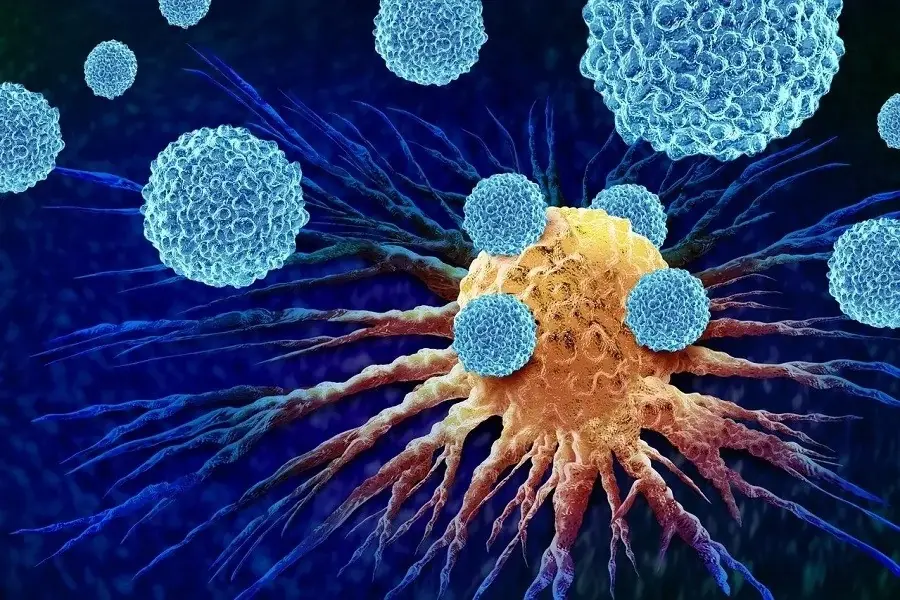
4 Unusual Signs in Your Neck That Could Be Symptoms of Cancer — Don’t Ignore Them
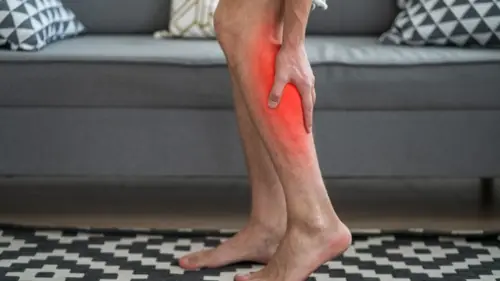
6 Warning Signs in Your Legs That Could Indicate a Serious Disease — Don’t Ignore Them
News Post
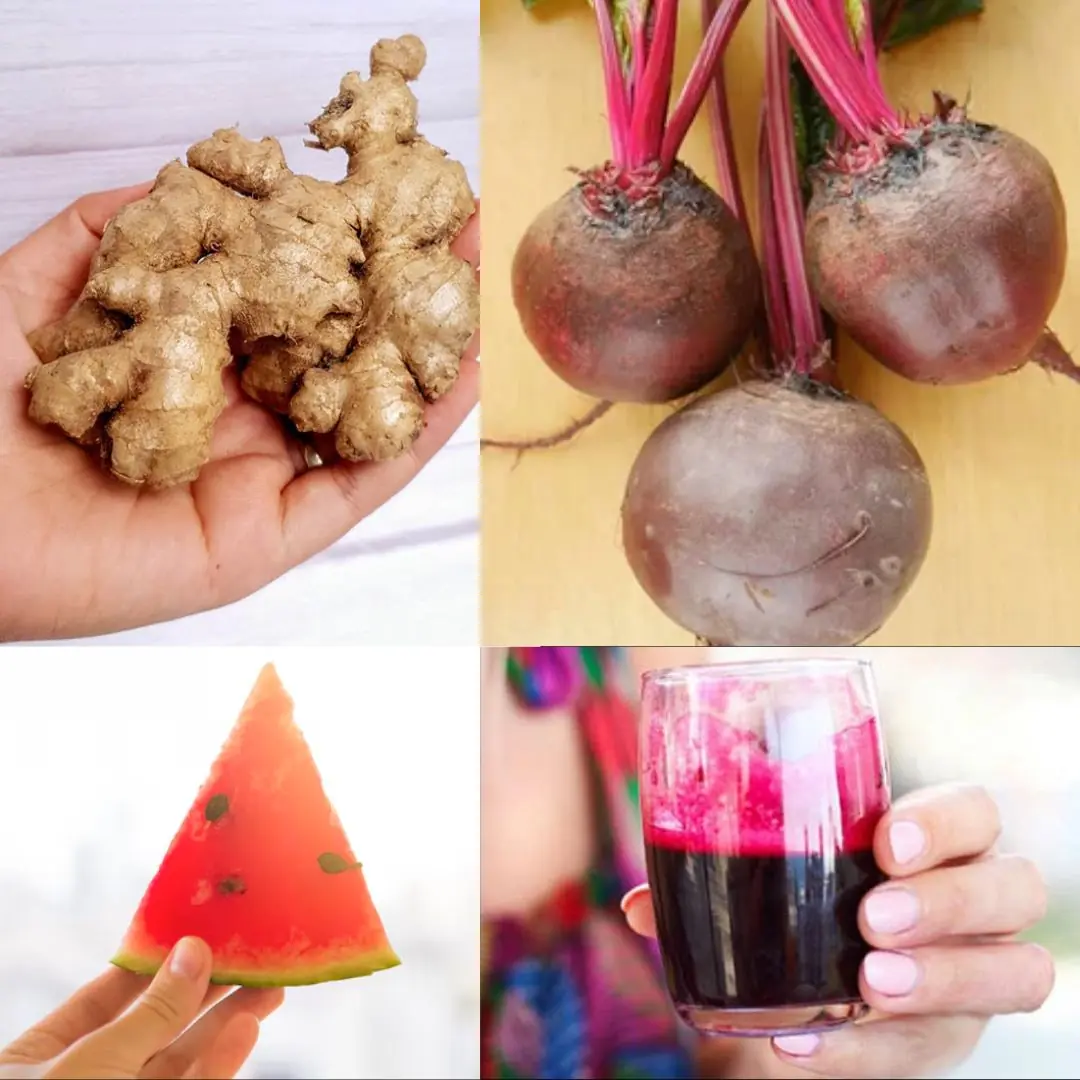
Ginger, Watermelon, and Beetroot Juice: 15-Day Natural Kidney Cleanse

The air conditioner only has wind but is not cool. If you do this, it will be 'cold'. No need to call a costly technician.

Tips to preserve bamboo and wooden chopsticks all year round without mold

No need for sprays or incense, use this water and mosquitoes will disappear completely.

When cooking bitter melon soup, just add this one thing to ensure the dish is both delicious and nutritious.

Soak sea fish in this water, it is very effective in removing fishy smell.

Bought ginger and it withered not long ago. Follow these 3 methods to keep it fresh for half a year.

Place this bowl of water in the corner of the house: Mosquitoes will automatically stay away, and the whole house will be free of mosquitoes.

Life, Gratitude, and a Tiara: Stacy’s Story of Resilience

“Inch by Inch, Prayer by Prayer: A Mother’s Faith and a Family’s Fight to Bring Kain Home”

San Antonio Bids Farewell to Its Brightest Little Star

Champ the Two-Legged Chihuahua: A Tiny Hero Who Saved His Owner’s Life

When Dolphins Became Guardians: The Day Four Swimmers Were Saved from a Great White

KEVIN’S MIRACLE: A LITTLE BOY’S COURAGE AND A FAMILY’S UNBREAKABLE HOPE 💛🎗️

Illegal Zoo in Singapore Exposed as Hub for Underground Betting Ring

A Mother’s Desperate Plea: Help Save Milena’s Life Before It’s Too Late

What Happens to Your Body When You Stop Eating

The #1 Drink to Prevent Foamy Urine — Plus 7 More Your Kidneys Will Thank You For

The #1 Most Effective Remedy for Dental Plaque (And How to Beat Tartar at Home)
